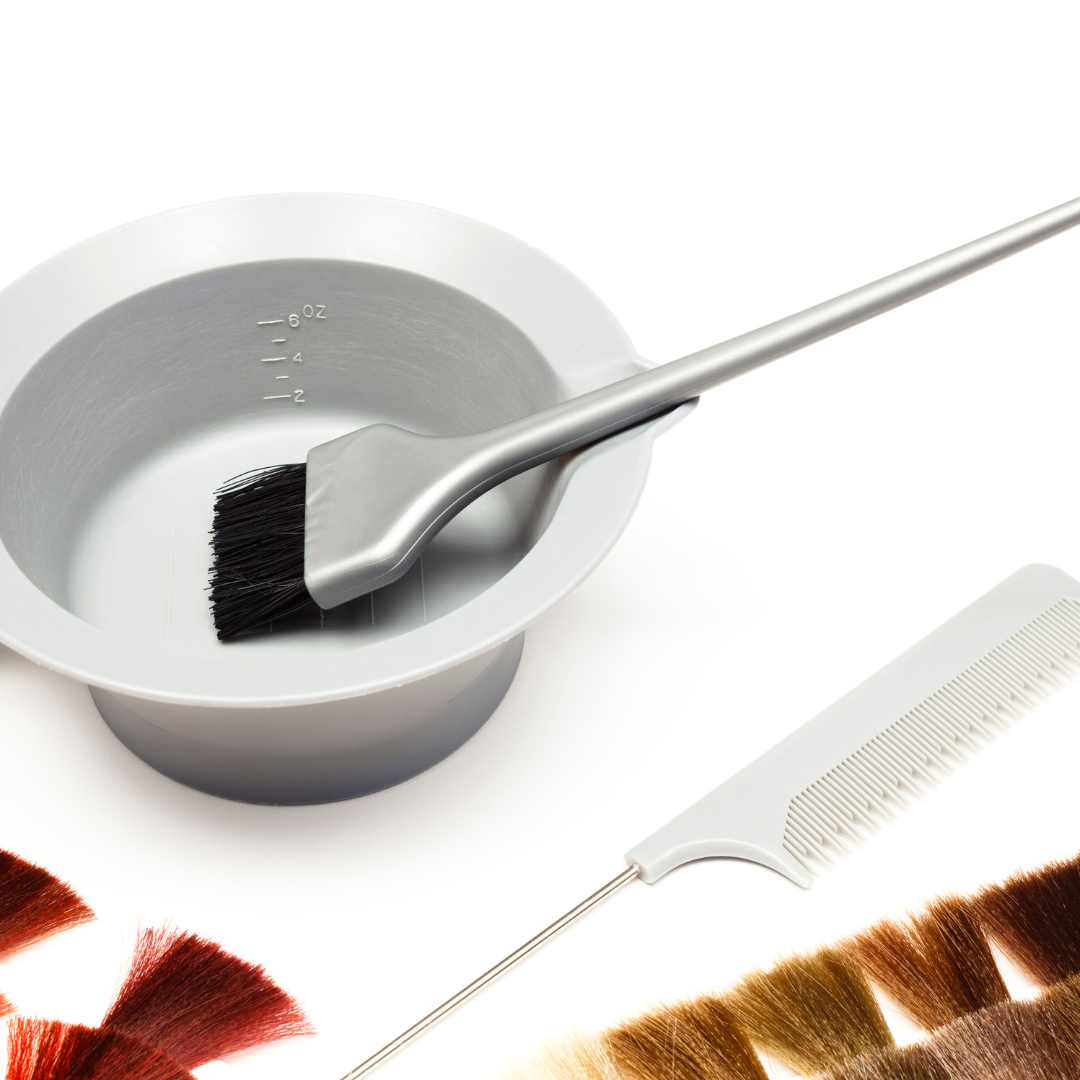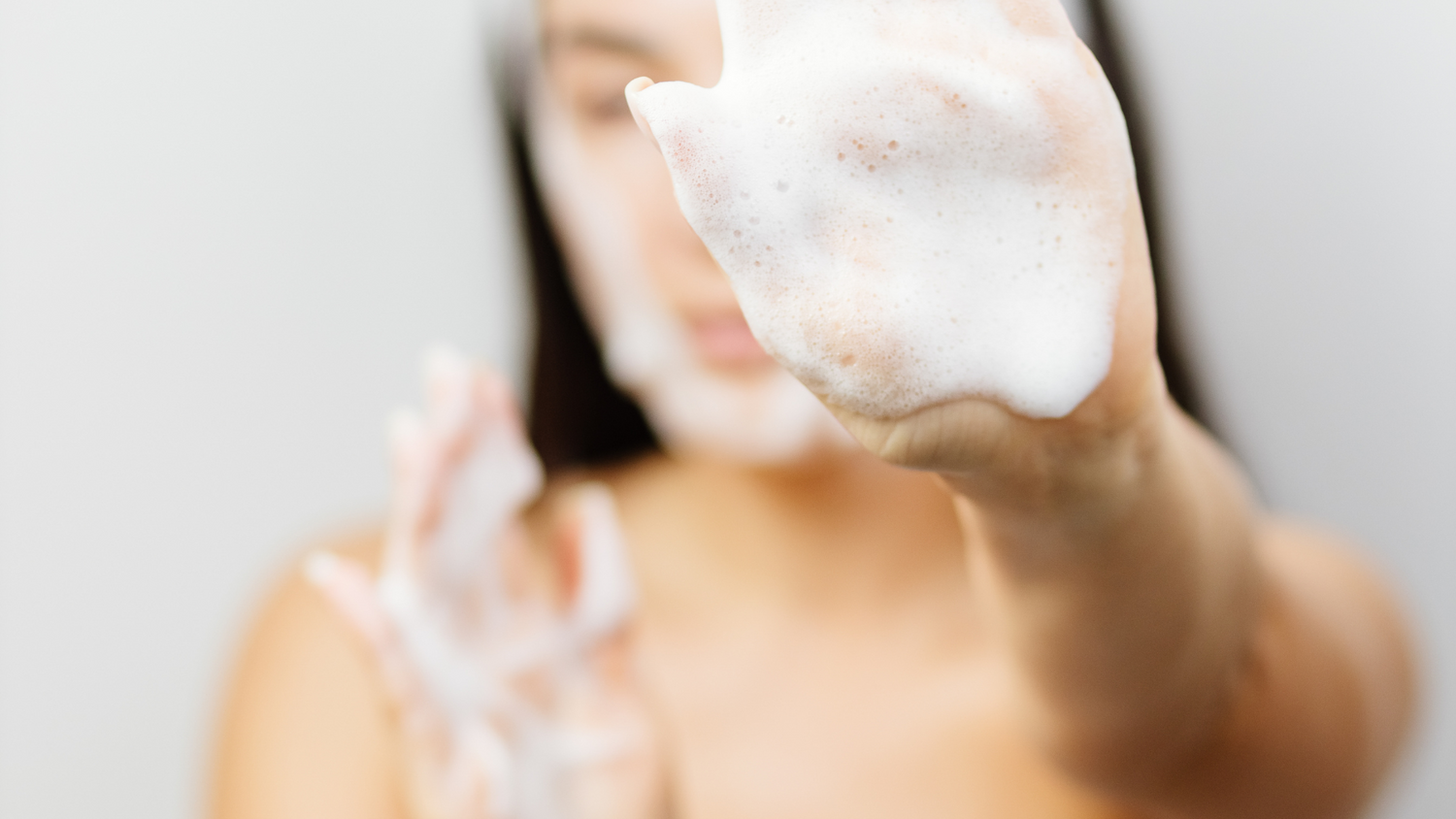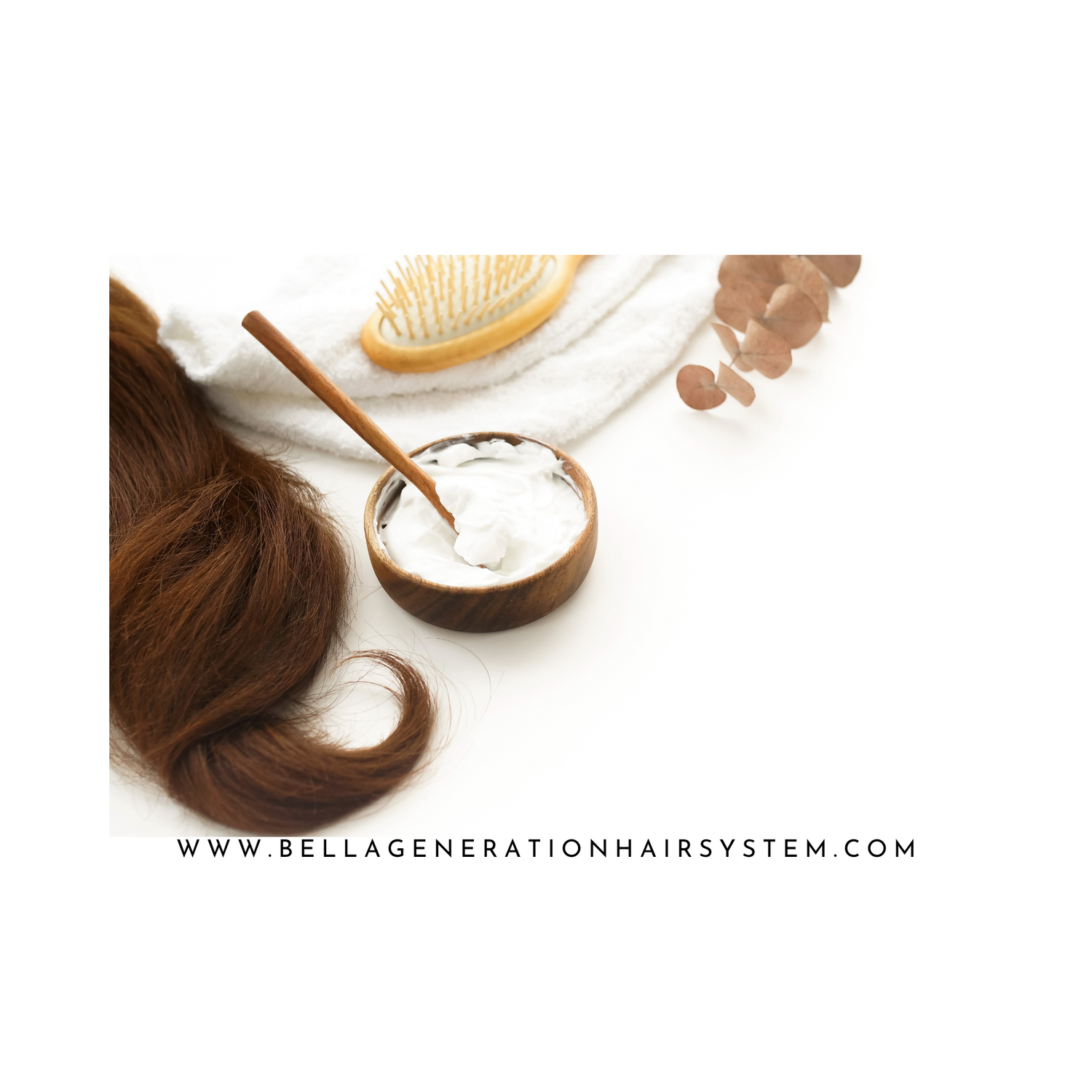As I walk down the aisles of skincare products, I can’t help but notice the endless supply of brands dedicated to fighting aging skin. There is no shortage of neck creams, face creams, serums, night-time routine products, and the list rambles on.
Many of these brands have been around for decades so it stands to reason that many women have been helped with their aging skin through the years. While that's great (and taking care of your skin is an investment that has a long-term payoff), what about your hair? Now that I’m 50, I’ve been noticing changes in my hair, and it seems like no one else finds them relatable. Where are the products for aging hair?
Am I alone in this, or can someone else relate?...
As a teenager, I thought I had bad hair days. I had kinky hair and there was so much of it that it seemed to take forever just to wash and style. I remember those days waking up for school and looking at my hair, thinking that a bad hair day would be the start of a bad day, and, in my mind, the end of the world. My solution was French braids. Now I look back at those moments with fondness: The couple strands of hair in my hairbrush have become a lot more than a couple, and by the age of 45, the concern for the dryness of my hair began to grow.
As I write this, my hair has been through a lot of changes and is by no means the same. The effects of aging on hair are real. Dryness, fizziness, flyaway, and hair loss have been getting worse and worse over time. My grey hairs have me running in and out of dying appointments at the salon (only worsening the problem), not to mention the stiffness that surrounds my hair, making it look less like luscious locks and more like… Cinderella’s old broom?
Just like skin, your hair ages with you. "Your hair, nails , and skin are made up of the same components, but when we think about anti-aging, we just think about skin. We don't think that our hair goes along with that as well," explained hairstylist Courtney Foster. Coming full circle, if my hair is changing, what are the products I’m putting in it doing? How is it possible that an industry that is constantly reinventing itself has shut out such a critical sign of aging?
Let’s be clear: To age is natural and no matter what secret beauty potion you sugarcoat it with, it can only go so far.
One of the first signs of aging hair, is that it tends to lose shine, elasticity, and volume. One of the first things that we do to address this is to go out and start buying every product on the shelf that addresses these issues. But before you do, let me suggest that you might benefit from looking inward first and start with these good habits to begin promoting and improving the health of your hair.
Tip #1: Drink Plenty of Water
I always hear this, especially from doctors and nutritionists. But exactly how much is plenty of water? A little over 11 cups, according to the U.S. National Academies of Sciences, Engineering and Medicine, is what you need to maintain proper balance. Water supports hair growth from root to tip. It makes your scalp healthy which helps to prevent split ends and brittle hair. Water also contains minerals that are needed for maintaining hair health, like iron, zinc, copper, and calcium.
Tip #2: Prioritize Sleep
You should also prioritize getting enough sleep — between seven to nine hours each night, according to the National Sleep Foundation — to reduce stress-induced hair loss. Lack of sleep prevents the body from releasing growth hormones which are necessary for overall hair health. These growth hormones are vital for preventing hair loss. In addition, sleep deprivation can also lead to stress which is also known to contribute to hair loss.
Tip #3: Proper Night Care
Invest in a Satin Pillow Case or a Satin Hair Bonnet. Cotton materials in pillow cases create friction causing the hair to knot up or tangle. It also sucks the moisture out of your hair. By contrast, Satin is much more forgiving, as it moves with the hair, so friction is less of a concern. Satin is less damaging than cotton, making it easier to maintain your hair's moisture.
Tip #4: Reduce Shampooing
Another culprit for damaged hair? Shampooing too often. If you’re washing or brushing it excessively, you might experience excess hair loss. Shampoo “as often as necessary” and do what makes sense for your scalp and hair. Specifically, you'll want to use products that are designed to work with your hair type (straight, wavy, curly, or coily) and are free of damaging ingredients like silicones and waxes, as they cause buildup instead of removing it.
Maintaining a healthy scalp is key for preventing accelerated texture changes. Incorporating a treatment like hydrating consistently, prioritizing sleep, removing items that rob your hair of moisture, and shampooing less often can help keep your scalp balanced and nourished to create optimal conditions for hair growth.






